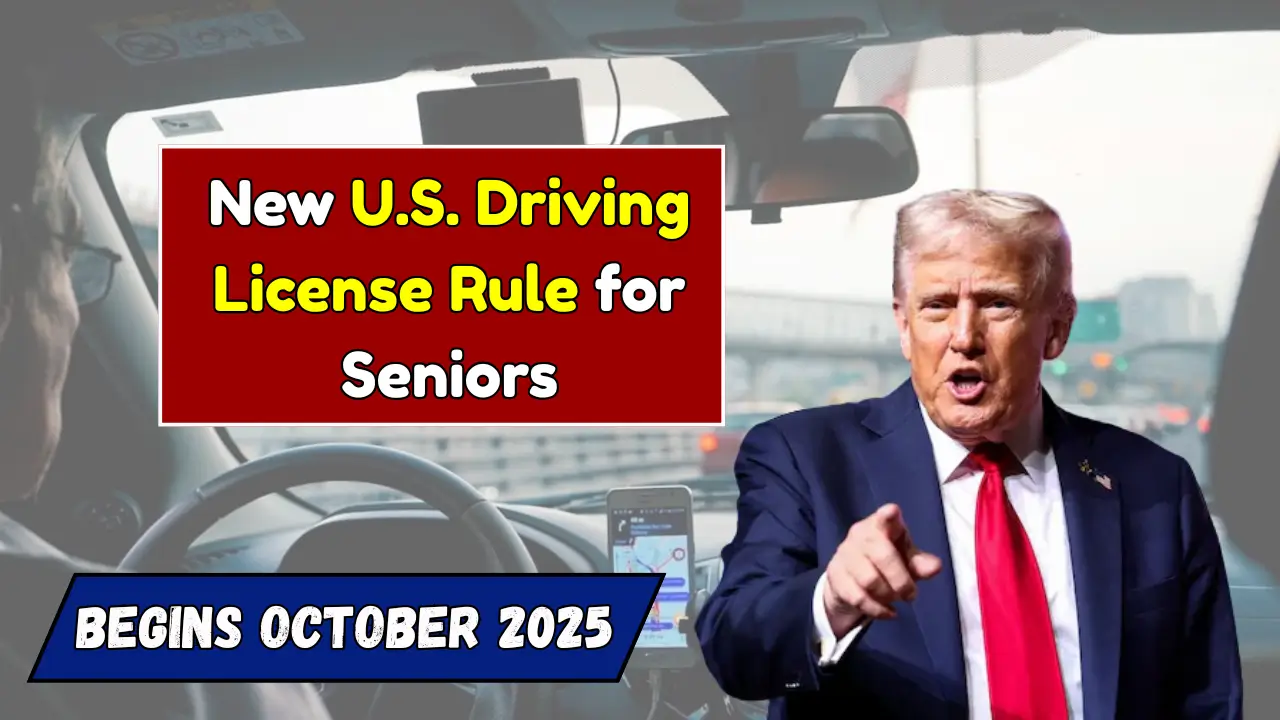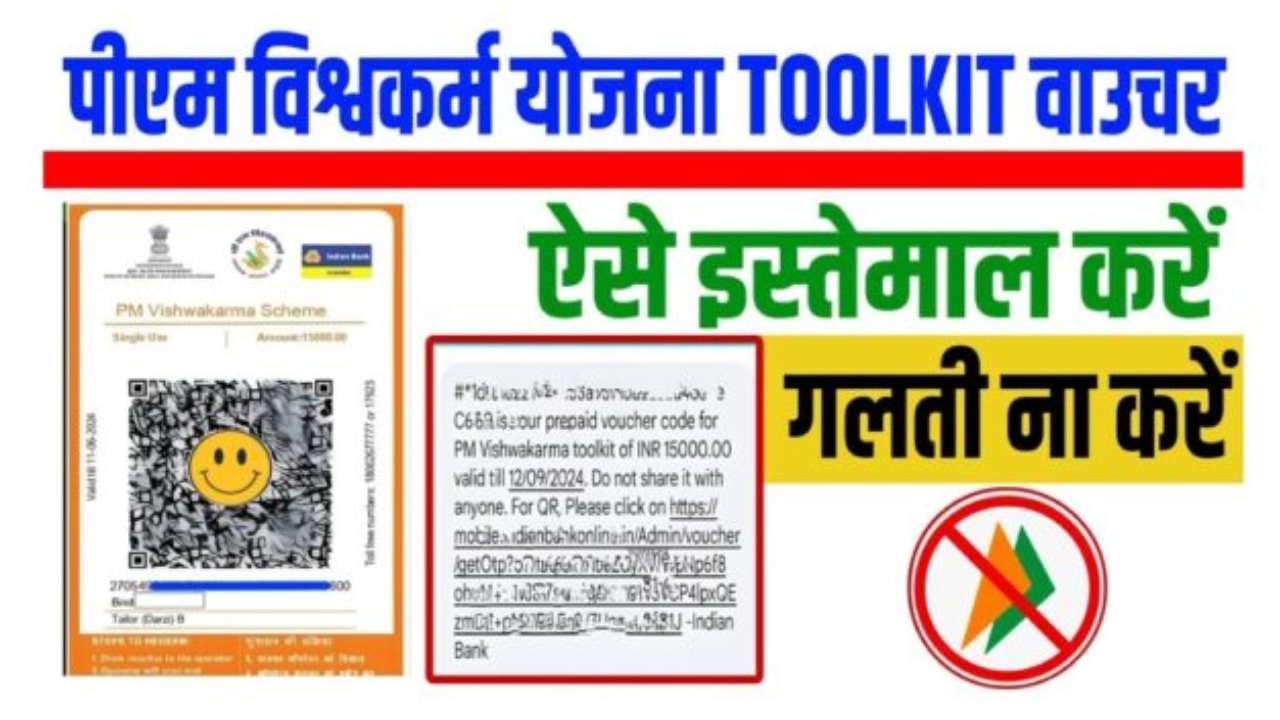The New U.S. Driving License Rule for Seniors, effective October 2025, marks the most significant update to older driver regulations in decades.
With more Americans driving well into their 80s and 90s, and over 48 million drivers aged 65+ on the road, the Department of Transportation is introducing new nationwide standards to enhance safety while helping seniors maintain independence.
This comprehensive guide explains the core rule changes, how they vary by state, the exact requirements by age, and what every senior—and their families—should know.
Background: Why the Rule Is Changing in 2025
The heightened accident risk among older drivers is not primarily due to crashes caused—they’re often safer than many younger drivers—but to increased vulnerability to injury, age-related medical conditions, and slower reaction times.
Rising senior driver numbers and high-profile tragic incidents prompted a federal review. Several studies show that natural effects of aging—such as decreased vision, slower reflexes, and mild cognitive decline—can reduce driving safety.
The Department of Transportation’s goal is to ensure licensing reflects ability, not just age, maintaining both personal liberty and public safety.
2025 Rule Overview: What Changes for Drivers Over 70
Beginning October 2025, seniors face a new, three-tiered renewal system. Though the federal government sets guidelines, implementation is state-based, so details may shift locally. In general, expect:
| Age Group | Key Requirements |
| 70–79 | Standard renewal every 4 years with mandatory vision and reaction test. |
| 80–86 | In-person renewal every 2–4 years with additional cognitive screening. |
| 87+ | Annual road test and updated medical clearance required. |
No driver will lose a license solely for turning a certain age. Instead, the system mandates extra evaluations to ensure continued safety.
Detailed: What Each Age Group Must Do
Ages 70–79
- Must undergo a vision and reaction test during every license renewal.
- Renewal is typically every 4 years, but some states reserve the right to shorten it if issues arise.
- If vision or reaction results are borderline, further testing or referrals may occur.
Ages 80–86
- In-person renewal required every two to four years—no mail or online-only renewals.
- Vision test (mandatory) and cognitive test (memory, spatial reasoning, reaction time).
- In some states, a doctor’s note may also be required if medical concerns are present.
Ages 87+
- Annual in-person renewal is now standard.
- Each year, seniors must take a full road test, plus obtain a medical certificate from their GP or specialist confirming they are fit to drive.
- Restricted licences (for local daylight driving only) may be issued if health affects ability, instead of outright revocation.
State-by-State Variations
While the federal policy creates a framework, states adapt the rules to local needs. For example:
- California: In-person renewal for drivers aged 70+, with memory screenings and road awareness modules.
- Florida: Vision test required for all aged 80+, with licence renewal every 6 years (reduced from 8 years).
- Texas: Annual DMV check-ins and medical disclosures begin at age 85.
- New York: Doctor’s note required for those aged 80+ to renew; cognitive test at DMV staff’s discretion.
Check with the state DMV for the latest local instructions before renewal.
Safety, Medical, and Reporting Measures
- Vision and Cognitive Tests: Administered by DMV examiners or state-approved clinics. Tests are brief but mandatory.
- Medical Disclosures: Doctors, family, or caregivers can request re-evaluation if a senior driver’s fitness is in doubt, but such reports must cite genuine safety concerns.
- Restricted Licenses: Seniors who pass tests but have some limitations (e.g., reduced night vision) may receive licences valid for daylight hours, local journeys, or non-highway use.
- Appeals and Retesting: Seniors who fail tests or lose licences may appeal and retake tests after addressing health issues.
Table: Summary of Senior Licence Renewal Rules by Age (2025)
| Age | Renewal Interval | Required Tests/Documentation |
| 70–79 | 4 years | Vision & reaction test; in-person or remote |
| 80–86 | 2–4 years | In-person, vision & cognitive tests, doctor’s note if requested |
| 87+ | Yearly | In-person road test, medical clearance, vision test |
How to Prepare: Tips for Senior Drivers & Families
- Schedule vision exams every 1–2 years to detect issues early.
- Maintain medical records on all chronic health or cognitive conditions.
- Drive regularly to keep skills current, and take refresher courses if available.
- Keep the DMV updated on changes in address, health, or medications.
- If in doubt, consult your doctor—they can advise on safe driving and complete necessary paperwork.
Alternatives for Seniors Facing Loss or Restriction of Licence
For seniors finding it difficult to pass renewal exams or health assessments, options remain:
- Restricted daytime/local licences.
- Senior ride services, community shuttles, and subsidised taxis.
- Ride-sharing platforms that cater to older adults.
- Volunteer driver programmes in many communities.
FAQs: New U.S. Driving License Rule for Seniors (October 2025)
1. Will I lose my license just for turning 70 or 80?
No. Licenses are not revoked solely due to age. Specific ability-based tests are now required to renew.
2. What are the core new requirements at 87+?
You must renew your license each year and complete a full road test plus provide a doctor’s certificate.
3. What if I fail a DMV test but feel fit to drive?
You have the right to appeal and retake any failed tests after addressing the issue; consult your healthcare provider for guidance.
4. Can family report a senior who seems unsafe behind the wheel?
Yes. Genuine safety concerns relayed by family, caregivers, or doctors can prompt a DMV evaluation.
5. Are mail and online renewals still allowed for seniors?
Not after age 80 in most states—renewals must be completed in person to complete the required tests.
















